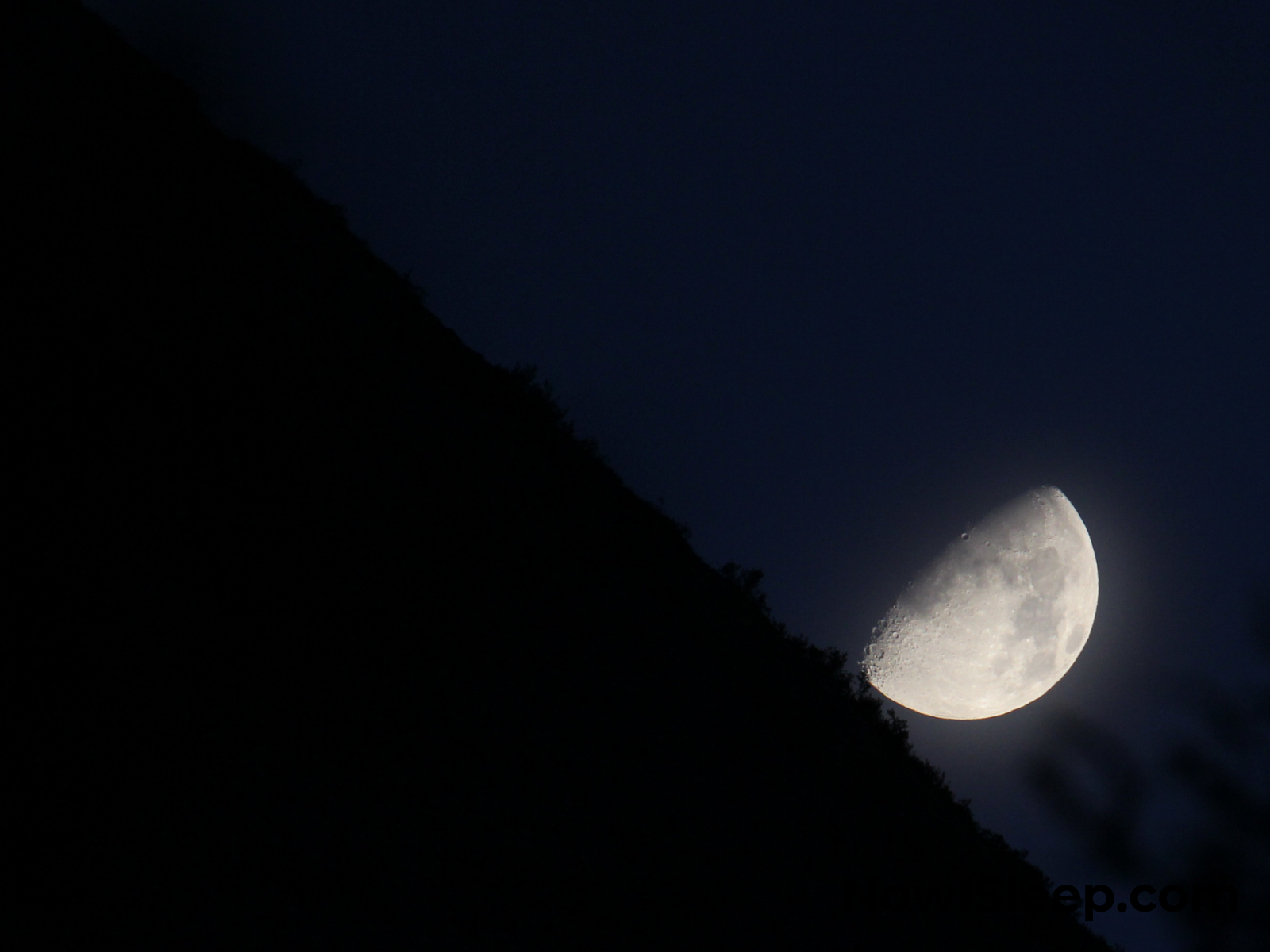Have you ever noticed that your sleep patterns seem to change with the phases of the moon? Many people believe that lunar phases can have an impact on our sleep quality and overall well-being.
Throughout history, the moon has been associated with various mystical and natural phenomena. Some cultures even believe that the moon’s phases can influence our emotions and behaviors. As we continue to explore the connection between human biology and the natural world, it’s important to consider how lunar phases may affect our sleep.
If you’ve ever wondered why you have trouble sleeping during certain times of the month, the answer may lie in the lunar cycle. From full moons to new moons, each phase of the moon can have a unique influence on our sleep patterns. By understanding how lunar phases can impact our sleep, we may be able to make adjustments to improve our overall well-being.
How Lunar Phases Can Have an Effect on Your Sleep
The lunar phases can potentially have an effect on your sleep due to the gravitational pull of the moon. Some people believe that during a full moon, the increased gravitational force can disrupt sleep patterns, leading to poorer sleep quality or even insomnia for some individuals.
Additionally, the brightness of a full moon can also affect your circadian rhythm, making it harder to fall asleep. However, scientific research on the connection between lunar phases and sleep quality is still ongoing, and not all studies have shown a significant correlation between the two.
It’s important to remember that individual factors such as stress, diet, and lifestyle habits play a significant role in your sleep quality. If you find that your sleep is being affected by lunar phases, consider implementing good sleep hygiene practices such as maintaining a regular sleep schedule, creating a relaxing bedtime routine, and ensuring your sleep environment is conducive to restful sleep. If sleep issues persist, it’s always a good idea to consult with a healthcare professional for personalized advice and guidance.
Some researchers believe that the moon’s influence on sleep may be more psychological than physiological. The idea that lunar phases can affect our sleep may stem from cultural beliefs and traditions rather than concrete scientific evidence. However, it’s important to keep an open mind and consider all possible factors that could impact our sleep patterns.
How The Moon Cycles Affect Sleep
The moon has long been associated with the cycles of nature, and its influence on sleep has been a topic of fascination for centuries. Many people believe that the phases of the moon can affect their sleep patterns, and some even claim to experience changes in their sleep quality and duration based on the lunar cycle.
The idea that the moon can impact sleep is not a new one. In fact, the word “lunatic” is derived from the Latin word for moon, “luna,” and historically, people believed that the moon could cause madness or irrational behavior. While modern science has debunked many of these old superstitions, there is still ongoing research into the potential connections between the moon’s phases and sleep patterns.
One of the most common beliefs about the moon’s influence on sleep is that the full moon can disrupt sleep. Some people report feeling more restless or having difficulty falling asleep during a full moon, while others claim to experience more vivid dreams or even sleepwalking episodes. While scientific evidence for these claims is limited, some researchers have found correlations between the full moon and changes in sleep architecture, such as decreased deep sleep and increased nighttime wakefulness.
On the other hand, some people believe that the new moon can have a calming effect on sleep. Just as the full moon is associated with increased energy and activity, the new moon is seen as a time for rest and reflection. Some proponents of this belief claim that they experience deeper, more restorative sleep during the new moon phase, while others find that they feel more tired and lethargic.
While the evidence for the moon’s effects on sleep is largely anecdotal, there may be some scientific basis for these beliefs. The moon’s gravitational pull affects the Earth’s oceans, creating the tides, and some researchers have suggested that the moon’s influence on the body’s internal rhythms may impact sleep cycles as well. Additionally, the moon’s brightness at night may also play a role in sleep patterns, as exposure to light can suppress the production of melatonin, a hormone that regulates sleep-wake cycles.
Ultimately, the relationship between the moon and sleep is a complex and mysterious one. While there is limited scientific evidence to support the idea that the moon’s phases can directly impact sleep, many people continue to believe in the moon’s influence on their nightly rest. Whether or not the moon truly affects sleep, its enduring symbolism as a celestial force continues to capture the imagination and inspire curiosity about our connection to the natural world.














Leave a Reply